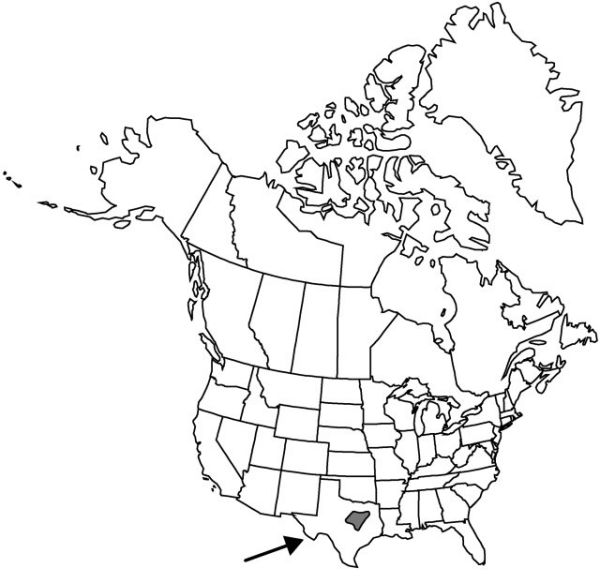Difference between revisions of "Yucca pallida"
Yuccas Southw. U.S. 2: 57, plates 13, 14. 1947.
FNA>Volume Importer |
imported>Volume Importer |
||
| (2 intermediate revisions by 2 users not shown) | |||
| Line 8: | Line 8: | ||
}} | }} | ||
|common_names=Pale yucca | |common_names=Pale yucca | ||
| + | |special_status={{Treatment/ID/Special_status | ||
| + | |code=E | ||
| + | |label=Endemic | ||
| + | }} | ||
|basionyms= | |basionyms= | ||
|synonyms={{Treatment/ID/Synonym | |synonyms={{Treatment/ID/Synonym | ||
| Line 54: | Line 58: | ||
|publication title=Yuccas Southw. U.S. | |publication title=Yuccas Southw. U.S. | ||
|publication year=1947 | |publication year=1947 | ||
| − | |special status= | + | |special status=Endemic |
| − | |source xml=https:// | + | |source xml=https://bitbucket.org/aafc-mbb/fna-data-curation/src/2e0870ddd59836b60bcf96646a41e87ea5a5943a/coarse_grained_fna_xml/V26/V26_885.xml |
|genus=Yucca | |genus=Yucca | ||
|species=Yucca pallida | |species=Yucca pallida | ||
Latest revision as of 21:18, 5 November 2020
Plants forming loose colonies of rosettes, acaulescent, with branching subterranean caudices; rosettes 10–30 per colony, each rosette with fewer than 100 leaves. Leaf blade lanceolate, straight, flat except becoming concave near apex, widest above middle, 20–50 × 1–4.5 cm, flexible, glaucous, margins denticulate or sometimes wavy, yellow. Inflorescences paniculate, often distally racemose, arising beyond rosettes, 7–12 dm, with wide-spreading branchlets 1.5–2.3 dm; bracts erect; peduncle scapelike, 0.6–1.3 m, less than 2.5 cm diam., glaucous. Flowers pendent; perianth campanulate; tepals distinct, greenish white, elliptic to ovate, 5–6.5 × 2–3.2 cm; filaments 1.8–3.2 cm; pistil 3.2–4 cm; style white, 13–20 mm; stigmas lobed. Fruits erect, capsular, dehiscent, oblong-cylindric, 4.5–5.5 × 1.3–2 cm, dehiscence septicidal. Seeds dull black, thin, 5–7 mm diam.
Phenology: Flowering spring.
Habitat: Rocky prairies and uplands, rarely limestone hills
Elevation: 100–400 m
Discussion
Yucca pallida is endemic to the blackland prairies of Texas and was originally included in Y. rupicola. J. M. Webber (1953) indicated that he found plants of Y. rupicola with key features similar to those of Y. pallida. Occasionally, plants with entire margins are found; these have been called Y. pallida var. edentata, which S. D. McKelvey (1938–1947) suggested might be a hybrid between Y. pallida and Y. arkansana. K. H. Clary (1997) indicated that DNA evidence confirms the close relationship of Y. pallida and Y. rupicola.
Selected References
None.
